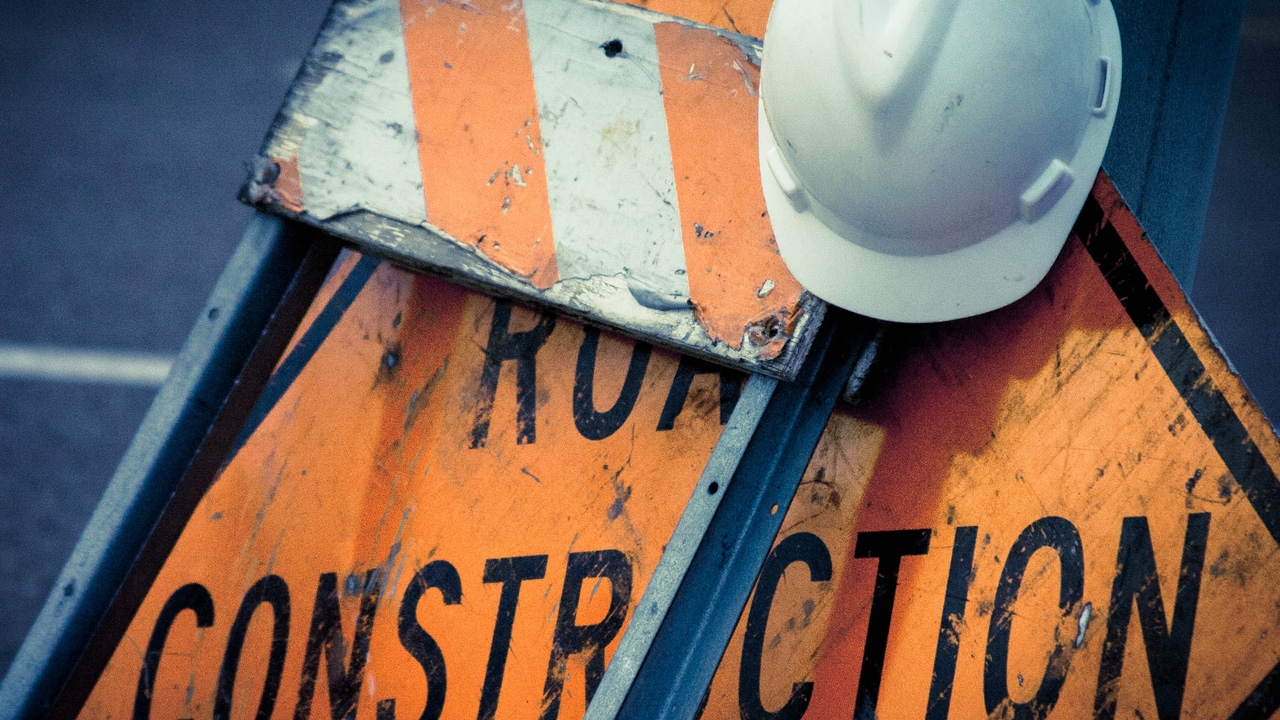
MacIver News Service | December 5, 2016
[Madison, Wisc…] Wisconsin’s gas tax would need to almost double to fully fund the state’s backlog of transportation projects and eliminate borrowing to pay for the projects, according to a new memo highlighted by Senators Chris Kapenga (R-Delafield) and Duey Stroebel (R-Saukville).The gas tax would have to increase by 28.1 cents per gallon to keep all the state’s projects funded and pay for the Department of Transportation’s normal operations, according to the memo from the nonpartisan Legislative Fiscal Bureau (LFB), which was requested by Kapenga.
The 91 percent increase would add to the current 30.9 cent-per-gallon gas tax, for a total of 59 cents per gallon. If passed, Wisconsin would have the highest gas tax in the country, Kapenga told reporters on Monday.
During the 2015-17 budget debate, many legislators complained that borrowing for transportation was excessive and there were too many projects waiting to be funded.
An increase of that amount would total $1.8 billion in new tax revenue over the biennium, the memo states. The state would spend more than $3.7 billion on transportation in total over the 2017-19 budget, which is the overall amount the DOT has said would be necessary to complete all its projects on time.
That spending, outlined in the LFB memo, amounts to $723.4 million for the major highway development program, $700 million for the southeast Wisconsin freeway megaprojects program, and $2.3 billion for highway rehabilitation.
As I’ve said, I will not support increases to the gas tax or vehicle registration fee w/o corresponding decreases in other state taxes. pic.twitter.com/Dl7Sh5IkHZ
— Governor Walker (@GovWalker) December 5, 2016
Kapenga and Stroebel made it clear that they don’t support any tax increases to fund the backlog of projects.
“We are already in the highest tier in the nation for the gas tax, and our total transportation revenues have increased every year for the past 20 years,” said Kapenga. “We don’t have a revenue problem; we have a spending problem.”
The memo assumes no bonding for any projects. While bonding for transportation is at historically low levels, some lawmakers have criticized the use of excessive borrowing to pay for transportation projects.
“If we don’t take responsibility for this and do this the right way, we are just going to be doing the same thing 60 or 70 years down the road and our kids and grandkids are going to have to deal with the same issue,” Kapenga said.
Some members of the Assembly have been vocal in their desire to find a long-term solution to Wisconsin’s transportation funding shortfall, but reluctant to say if they would increase the gas tax or the vehicle registration fee to fix the problem.
Both senators criticized the Assembly for not being specific about how much they’re willing to increase the gas tax. “I would call for the Assembly to put out a plan,” Stroebel said.
Walker also called on the Assembly to put out a specific plan in a statement on Monday. “If the Assembly leadership’s plan is to raise taxes it would come as a surprise to November voters. They should make their plan public so the people understand exactly how much it would cost them.”
Both senators support the Department of Transportation’s 2017-19 budget proposal championed by Gov. Walker. The proposal reduces funding for certain megaprojects, increases funding for local projects, and doesn’t raise taxes.
In June, Walker called directly upon DOT Secretary Mark Gottlieb to propose an agency budget request that would not raise the gas tax or fees without a reduction elsewhere. Walker’s letter instructed Gottlieb to submit the DOT request early, with low bonding, and focusing on safety and road maintenance.
By all accounts, Gottleib’s proposal fulfills those requests and sets bonding levels at $500 million over the biennium, the lowest amount since the 2001-03 budget and a dramatic 41 percent decrease from the previous budget, which bonded $850 million for transportation projects.
“For decades, the state’s gas tax has been among the highest in the nation. Raising the gas tax or vehicle registration fees without an equal or greater reduction in taxes elsewhere is not an option, and it would throw a wet blanket on our growing economy,” Walker wrote in an open letter to Gottlieb in June.
Kapenga pointed out that every one-cent increase in the gas tax raises taxes by a total of $33 million. “We’re saying that the wrong answer is to go and do tax increases permanently to fix the problem. I think the Governor’s approach was prudent,” he said.
A second scenario in the memo states that with no bonding, the Department of Transportation’s 2017-19 budget request would require a 7.2 cent-per-gallon gas tax increase, a 20 percent increase. Stroebel and Kapenga oppose any gas tax increase.
The Assembly will hold a hearing on transportation funding tomorrow.
Assembly Speaker Robin Vos released a video showing him riding in an ambulance to demonstrate the poor conditions of some roads and the safety concerns surrounding those conditions. He also tweeted a list of reasons the state needs more transportation revenue as Stroebel and Kapenga spoke with reporters on a conference call Monday:
Transportation Fast Facts ahead of tomorrow's Assembly Transportation Committee. #RoadWorkAhead pic.twitter.com/HLQRXRsrIn
— Speaker Robin Vos (@SpeakerVos) December 5, 2016
Vos called Kapenga’s memo and the 91 percent figure “fear mongering” in a statement released late Monday. “Instead of using selective accounting and Madison math, I’m choosing to use my 20+ years of business and negotiating experience to look at the problem globally. Instead of cherry picking my own facts and fear mongering, I will work in good faith to work toward the best possible solution to this problem, taking into account all options available,” Vos said.
Follow MacIver’s Twitter feed for live coverage of the hearing.